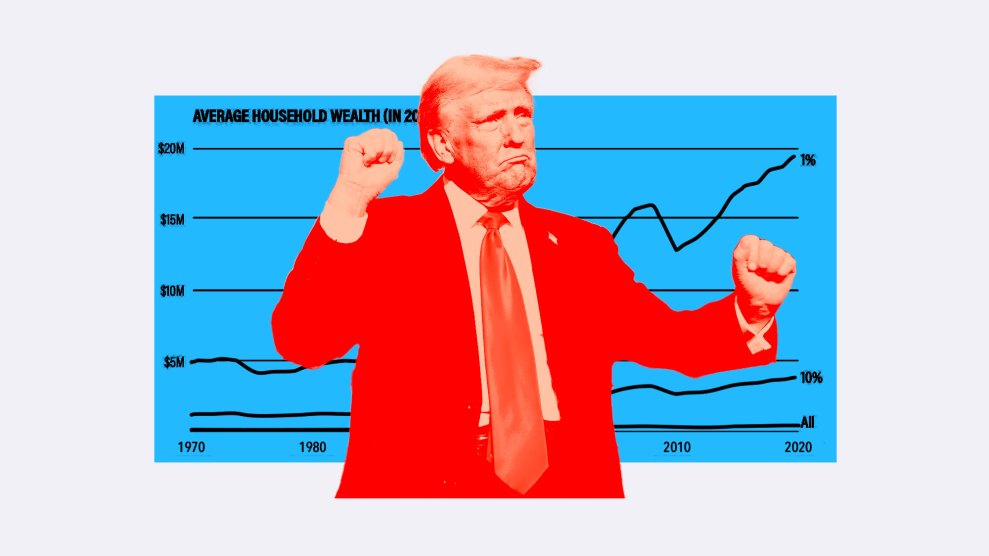
George Mason University
Donald Boudreaux earned a PhD in economics from Auburn University three decades ago. He is currently a professor of economics at George Mason University. Two days ago he wrote this in the New York Times:
Not long ago an academic paper by the economists David Autor, David Dorn and Gordon Hanson garnered an unusual amount of public attention because of its estimate that trade with China from 1999 to 2011 destroyed 2.4 million jobs in the United States.
These estimates of jobs destroyed by trade sound big, but they’re actually tiny. Relative to overall routine job destruction and creation — “job churn” — the number of American jobs destroyed by trade is minuscule. In January alone, the number of American workers who were laid off or dismissed from their jobs was 1.8 million. The number of workers who quit their jobs that month was 3.3 million….In a normal year, then, the number of workers laid off or dismissed averages 21 million….Clearly, trade is a trifling source of job loss when compared with other sources. These other sources are ordinary economic changes that, like trade, fuel our high standard of living.
This is nuts. It’s like saying a few degrees of climate change is no big deal because the temperature changes 20 or 30 degrees every single day when the sun goes down. Jared Bernstein asked David Autor what he thought of this:
It’s unfortunate that a Ph.D. economist would not recognize the crucial difference between gross and net job losses. By Boudreaux’s logic, since “in a normal year, then, the number of workers laid off or dismissed averages 21 million,” the U.S. Great Recession was a negligible event: the U.S. lost fewer than 4 million jobs in the first year (a mere one-quarter’s worth of job losses) and no more than another 2 million in the second year (only a month’s worth). It’s remarkable that we even noticed!
I find it hard to believe that Boudreaux does not, in fact, recognize this. So why did he say it? That is a mystery, and one worth finding the answer to.
On a side note, I’d also take the Times to task for this. It’s fine for them to invite credentialed economists to opine on issues of the day, even if they have contrary views. It’s another thing for them not to notice opinions so bizarre that even a layman recognizes them as specious. Why did they publish this?

















